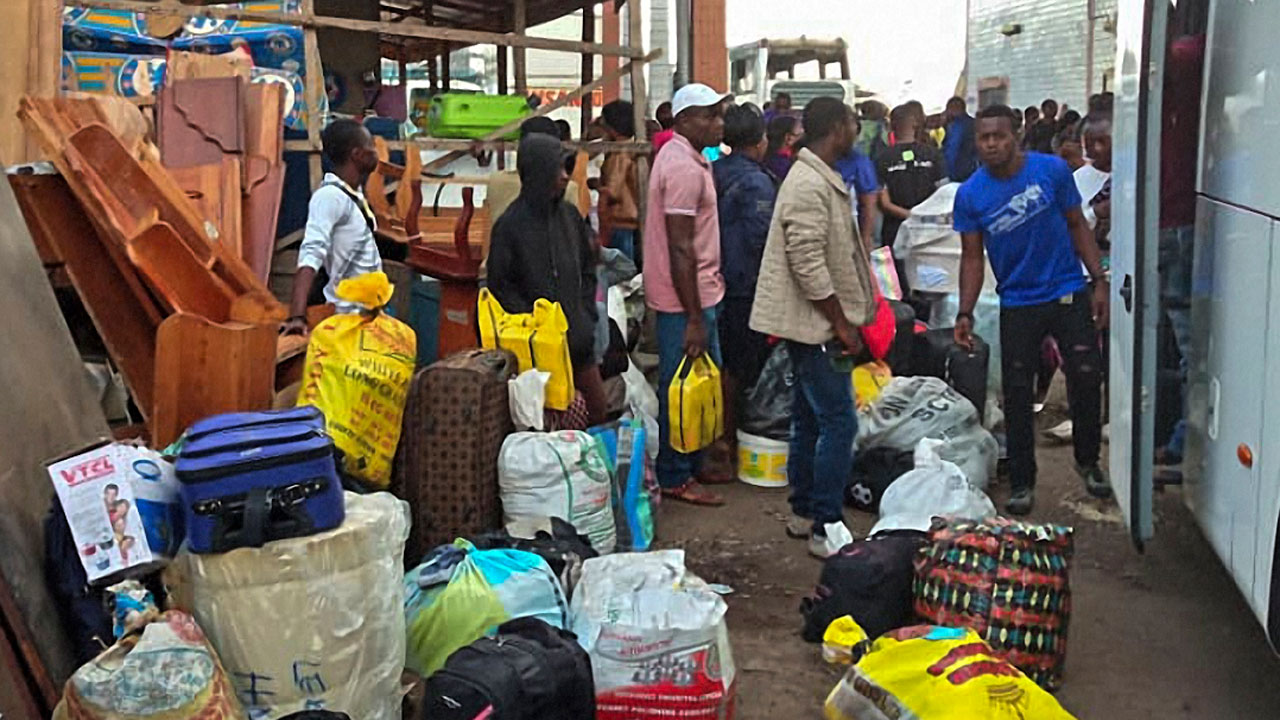
Human Rights Watch on Thursday blamed Cameroon’s government forces and separatists for worsening violence in the country’s anglophone regions which has left scores dead and displaced over 180,000 people.
In a report, the US-based rights group said separatists had carried out kidnappings, killed civilians and prevented children from going to school in Cameroon’s two English-speaking regions.
Government forces were blamed for killing civilians, using excessive force against demonstrators, torture and the burning of homes in several villages, said the report based on interviews and documents.
In a response to Human Rights Watch, the government in Yaounde acknowledged that it had arrested 965 people since the beginning of the crisis in 2016 and that 114 had faced trial including 30 who were acquitted.
Charges were dropped in 103 cases, leaving hundreds more in jail.
“The human rights situation in Cameroon has reached crisis level and could still get much worse,” said Mausi Segun, Africa director at Human Rights Watch.
Segun called for international action to prevent further escalation of the crisis triggered by activists’ demands for education and judicial rights for the English-speaking minority in Cameroon.
As of May, at least 160,000 people were driven from their homes in the violence, with 80 percent of them hiding in the forests, said the report. A further 20,000 Cameroonians have sought refuge in Nigeria.
Human Rights Watch interviewed 51 witnesses and victims and analyzed satellite imagery of villages, videos and photos that appear to show the burning of villages and other abuses by security forces.
In its response, the government rejected allegations that its security forces had resorted to heavy-handed tactics, saying that the use of force “remains proportionate to the extent of the threat.”
A review of satellite images of 131 villages in the southwest region found evidence of arson in 20 of them, with some 1,800 buildings destroyed.
Years of resentment at perceived discrimination at the hands of the francophone majority have led to almost daily acts of violence and retribution.
Last week, a convoy transporting Cameroonian Defense Minister Joseph Beti Assomo was ambushed near the town of Kumba, triggering a firefight that left several attackers dead.



